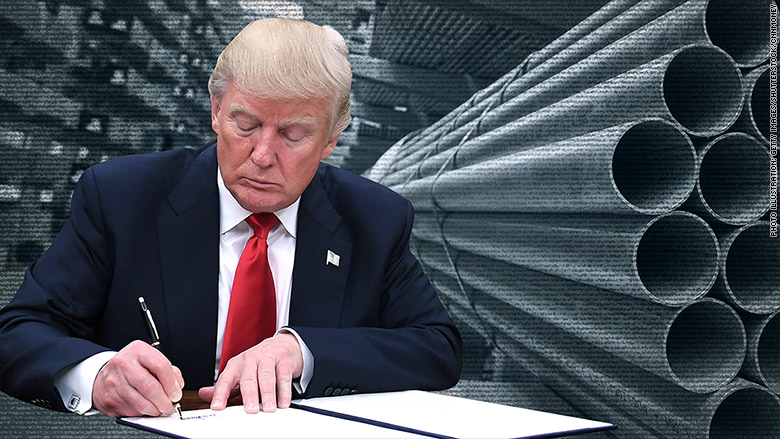Friends, let’s not sugarcoat this: the chickens are coming home to roost. A new report confirms what many of us already feel every time we go to the grocery store or fill up the gas tank – Trump’s trade policies are directly fueling inflation across the United States.
We’re seeing price hikes nationwide, from agricultural products to manufactured goods. Businesses aren’t absorbing these costs; they’re passing them directly onto you, the consumer. And frankly, who can blame them? Profit margins are sacred, even in the face of geopolitical chaos.
This isn’t some abstract economic theory. This is real money leaving your wallets. It’s hitting families hardest, those who are already struggling to make ends meet. The promised benefits of these trade wars – a level playing field, American jobs returning – are proving to be a mirage.
Let’s break down why this is happening: tariffs essentially act as a tax on imports. Companies pay this tax, or they pass it along to consumers. It’s basic economics.
These tariffs disrupt supply chains, forcing businesses to find alternative (and often more expensive) sources for essential materials. This ripple effect impacts everything from car prices to your favorite morning coffee.
And it’s not just about direct tariffs. The uncertainty created by trade disputes discourages investment. Businesses postpone expansion plans, which inhibits job growth and overall economic activity.
To put it bluntly, we’re paying a hefty price for a trade strategy that’s yielding increasingly dubious results. The administration seems to believe these short-term gains outweigh the long-term pain. I strongly disagree. This is an economic self-own, and it’s happening right now.
Understanding Tariffs and Inflation:
Tariffs are taxes imposed on imported goods and services. They are commonly implemented with aims of protecting domestic industries or influencing trade policies.
When tariffs increase the cost of imported materials, manufacturers face higher production costs. These costs are often, though not always, passed on to consumers.
This price increase contributes directly to inflation—a general increase in the price level of goods and services in an economy over a period of time.
Prolonged trade tensions and retaliatory tariffs can create significant disruptions to global supply chains, driving up costs and further exacerbating inflationary pressures.







